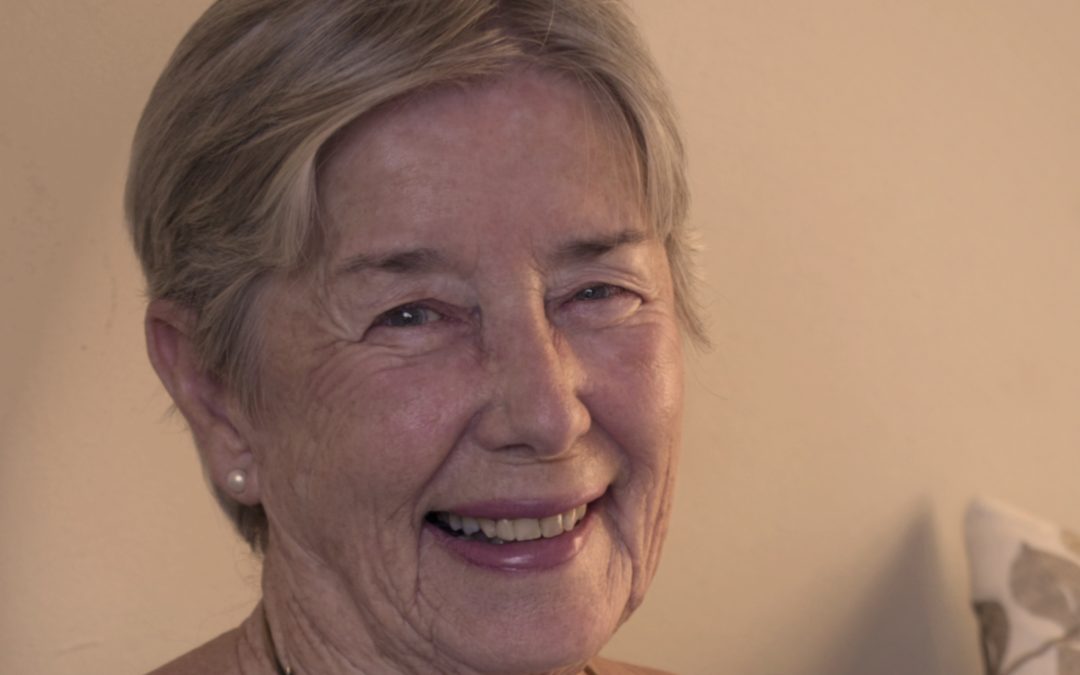Report from Dr Jane Kvalsvig
Honorary Prof in Public Health Medicine and Former TVT Board Member
Dr Kvalsvig gave details of a research study initiated and undertaken by TVT in the aftermath of the widespread riots of July 2021. The riots saw the looting and closure of almost all local spaza shops in the rural areas of the Valley of 1,000 Hills as well as the looting and partial burning of a hardware store that operated from a building owned by TVT. In response to the mayhem, TVT undertook a study, consisting of focus groups and key informant interviews, to better understand the motivations and other factors related to the looting. Another goal was to explore ways in which such events could be averted in the future. Significantly, the study cohort included people who participated in the looting and others who did not. Dr Kvalsvig gave a high level view of the results of the study, which are due for release in various journals.
According to Dr Kvalsvig, some key findings were:
* Community members, particularly youth, seemed to not understand the basics of
democracy, how it works and how to hold leaders accountable.
* In line with the above, local leaders (especially elected public representatives)
appeared to be either invisible or inaccessible to community members who then felt
stifled and unheard. This made aggression the easiest (or only) outlet for frustration.
* The riots had destroyed local structures and institutions, as well as trust among
community members, and made poverty worse instead of better.
* There was a need to stimulate local economies with local vision, enthusiasm and
support. Local authorities should be encouraged to respond to local development
needs, like safe parks for children, fresh produce markets, or suitable premises for
youth training centres.
* The various reports and articles on the study would give greater detail on findings
and recommendations.

